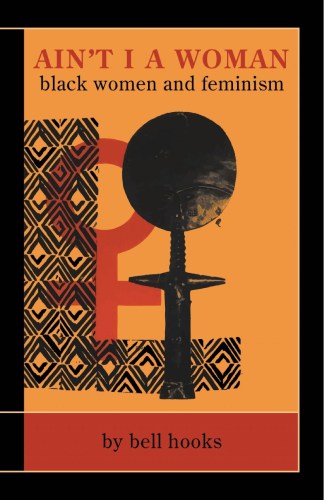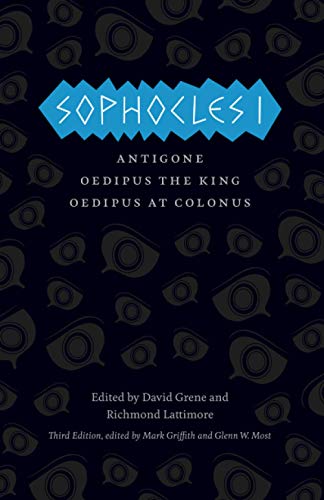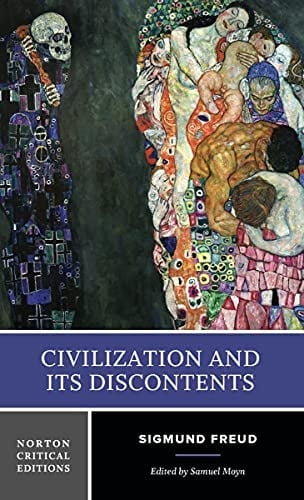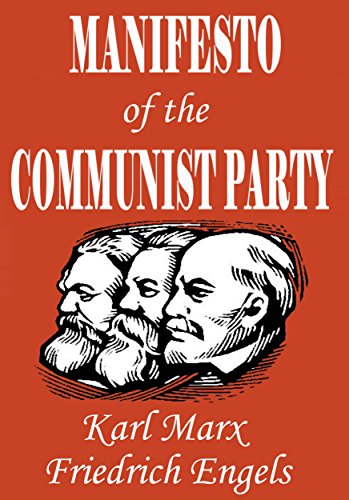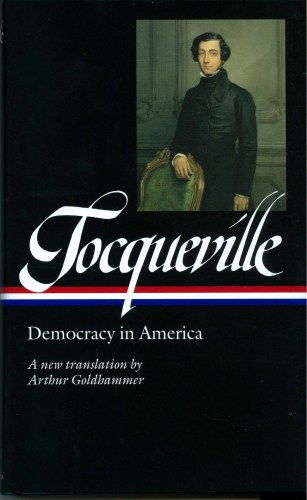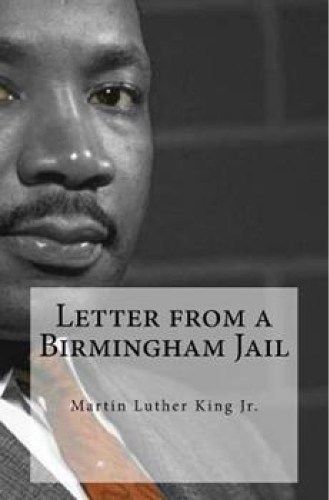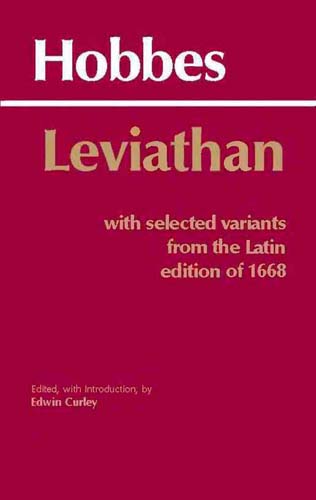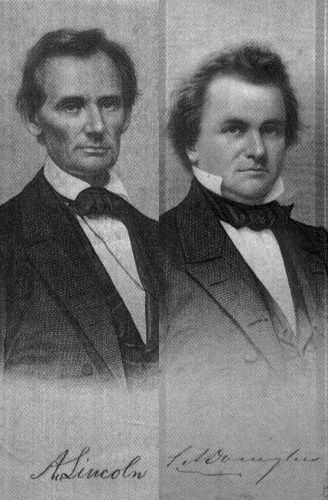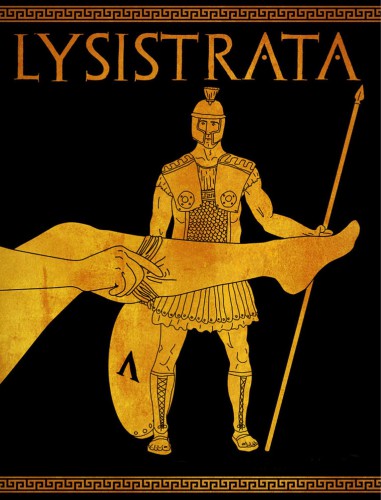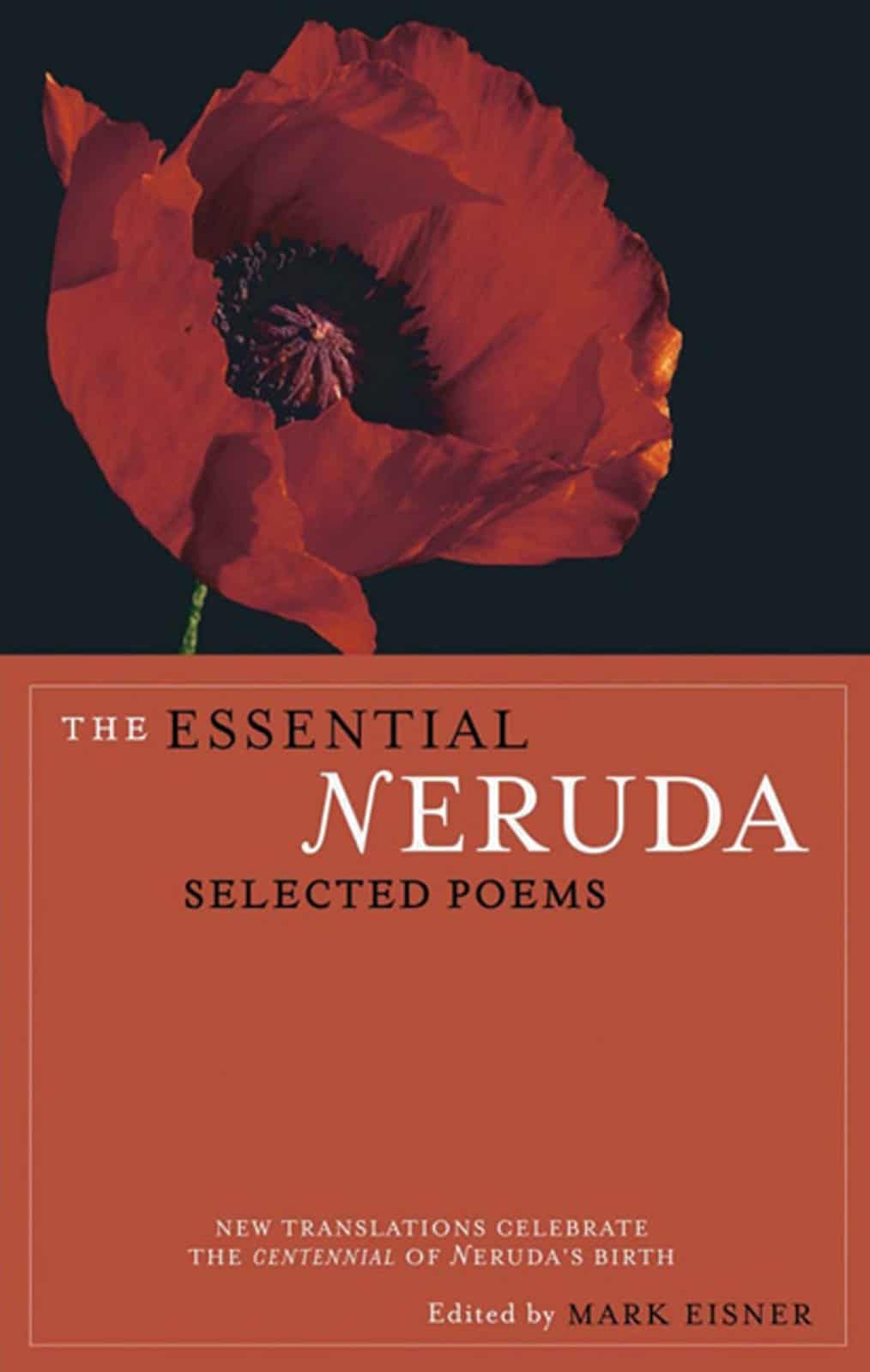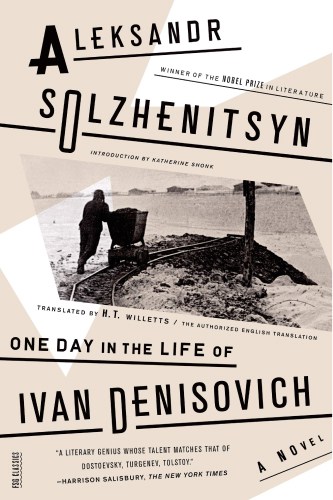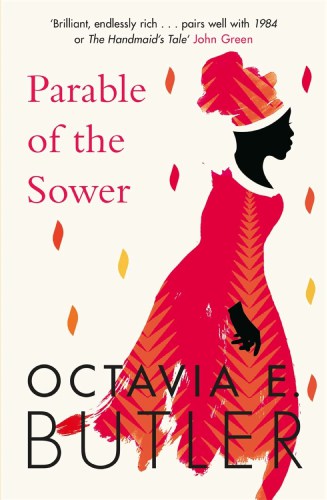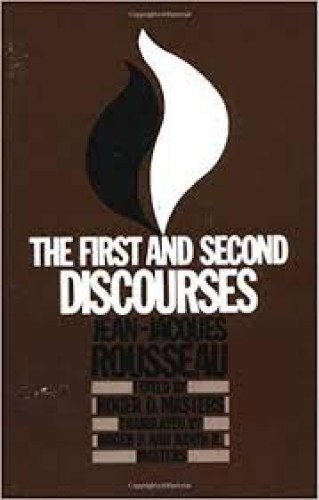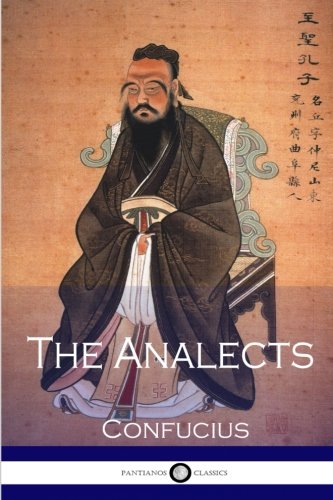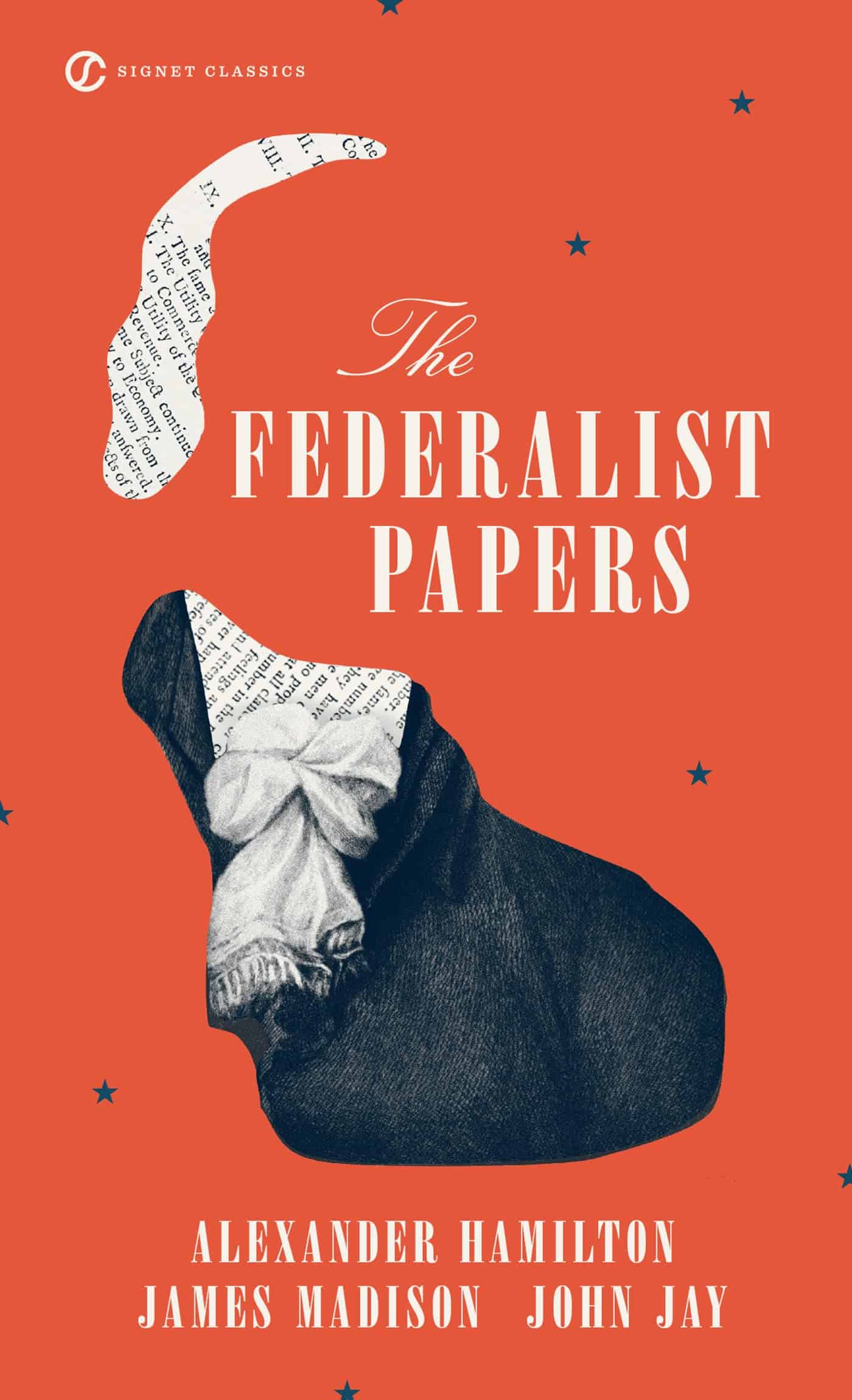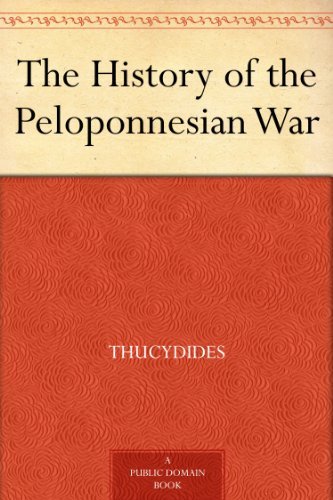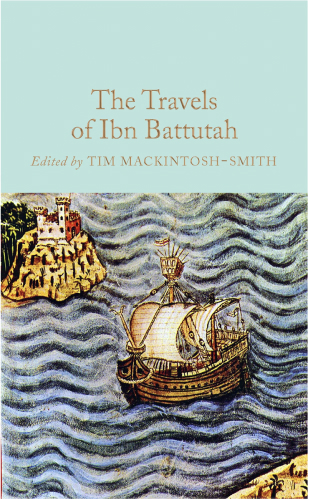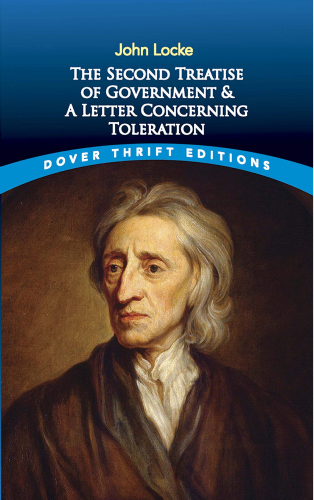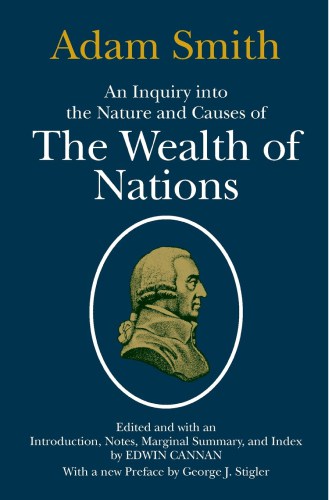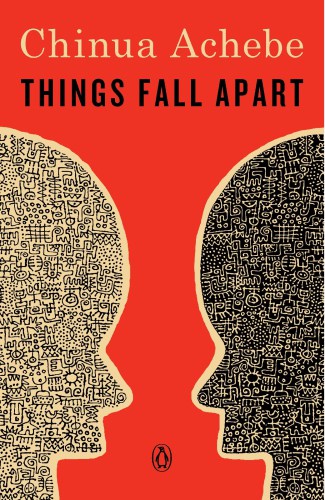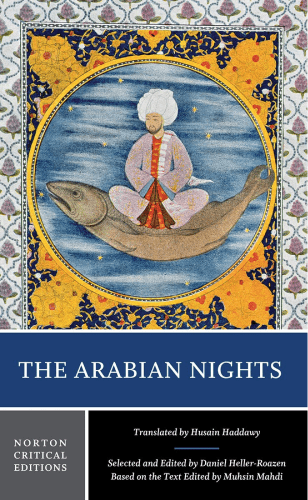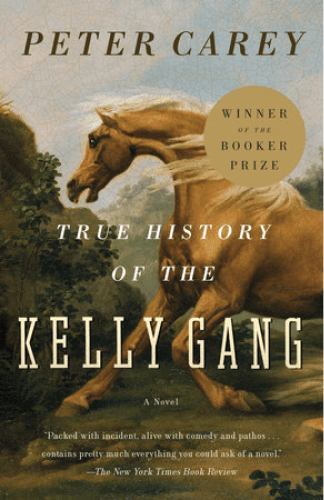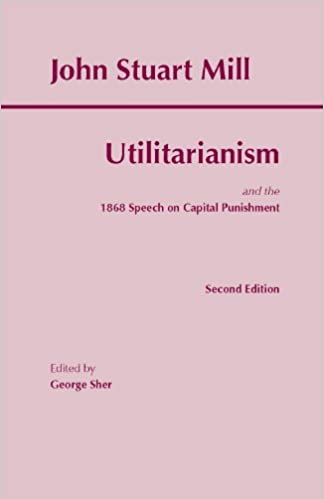The question at the heart of the novel is whether an outlaw is born or made. While Kelly certainly can’t be taken as a wholly trustworthy narrator (he is, after all, writing his own legacy), he makes a compelling argument that poverty, abuse, lack of positive male role models, lack of education, and abuse pushed him into a life of crime. Students will see many parallels in both American popular culture and real life, and the book invites conversations about nurture vs. nature, the importance of supportive social structures for children and young adults, the exercise of free will, justice, and personal responsibility. Further, the novel offers perspectives on rural life, race, heroes and anti-heroes, and culture from an Australian perspective, which could spark discussions about the ways in which these topics are depicted differently or similarly to how they are in the U. S. There is no question that the novel also interrogates history, the writing of history, and the veracity of historical documents.
